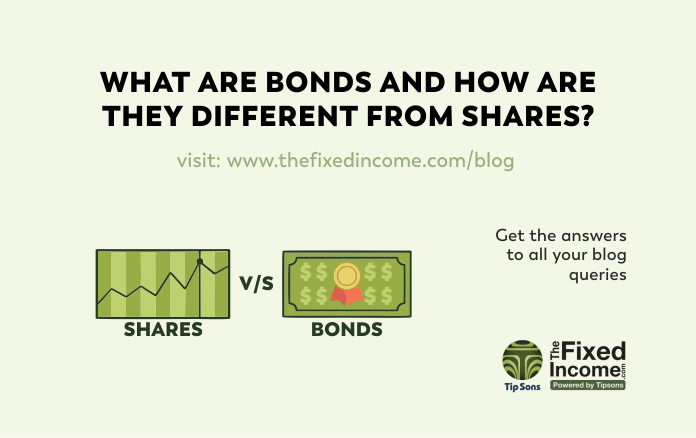Shares and bonds are regularly matched together when discussing investments, however their risks, returns, and practices have unmistakable differences. Financial experts prescribe financial backers to have an assorted portfolio that incorporates shares and bonds. Subsequently, it is essential to see how shares (sharess) and bonds contrast on a key level.
Money put up with shares and bonds
Initially, the two shares and bonds are utilized by organizations or even governments to fundraise from the public. Equity offers or shares permit you to claim a stake in the organization where you get returns on your investments because of organization performance and market influences that influence shares prices.
Then again, purchasing security is like loaning money to somebody with a guarantee that you will procure fixed returns (interests) at intermittent stretches and get back the chief sum in a predefined future date
Sorts of bonds and shares
By and large, there are four sorts of bonds; they include:
Municipal bonds
shares then again can be arranged by market capitalization (size), area, and development
Instructions to purchase bonds and shares
All you want is a Demat account to put resources into bonds. To put and exchange the shares market, you want an offer trading account alongside a Demat account.
Shares risks
The greatest danger of shared investments is the offer value diminishing after you’ve bought them. There are a few reasons shares prices fluctuate (you can look further into them in our shares starter guide), however, on the off chance that an organization’s performance doesn’t satisfy financial backer hopes, its shares cost could fall. Given the various reasons an organization’s business can decrease, shares are normally riskier than bonds.
Bond risks
U.S. Treasury bonds are by and large more steady than shares, for the time being, however, this lower hazard regularly means lower returns, as indicated previously. Treasury securities, for example, government bonds and bills, are hazard-free, as these instruments are supported by the U.S. government.
Corporate bonds, then again, have generally different levels of hazard and returns. Assuming that an organization has a higher probability of failing and is consequently incapable to keep paying interest, its bonds will be viewed as a lot riskier than those from an organization with an exceptionally slim likelihood of failing. An organization’s capacity to repay debt is reflected in its credit rating, which is allocated by credit rating offices like Moody’s and Standard and Poor’s.
Corporate bonds can be gathered into two classifications: investment-grade bonds and high-return bonds.
At the point when debt and equity jobs invert.
Particular sorts of shares offer the fixed-pay advantages of bonds, and some bonds take after the higher-hazard, better yield nature of shares.
Dividends and favored shares
Dividend shares are frequently given by huge, stable organizations that consistently create high benefits. Rather than putting these benefits in development, they regularly appropriate them among shareholders – this circulation is a dividend. Since these organizations regularly aren’t focusing on forceful development, their shares cost may not ascend as high or as fast as more modest organizations, yet the reliable dividend payouts can be significant to financial backers hoping to differentiate their fixed-pay resources.
Favored shares take after bonds much more, and are viewed as a fixed-pay investment that is for the most part riskier than bonds, however safer than normal shares. Favored shares deliver out dividends that are regularly higher than both the dividends from normal shares and the interest installments from bonds.
Selling bonds
Bonds can likewise be sold available for capital additions on the off chance that their value increments higher than whatever you paid for them. This could occur because of changes in interest rates, a further developed rating from the credit organizations, or a blend of these.
Notwithstanding, looking for significant yields from unsafe bonds frequently nullifies the point of putting resources into bonds in any case – to expand away from values, safeguard capital and give a pad to quick market drops.
Final Words
On good occasions, shares might acquire more significant yields than bonds, for which the returns are pre-settled. Then again, bonds appear to be a lot more secure investment considering the instability of the offer market.
Contingent upon the danger of hunger, liquidity restriction, investment sum, and the motivation behind an investment, a financial backer can cautiously survey before contributing his accounts.






















